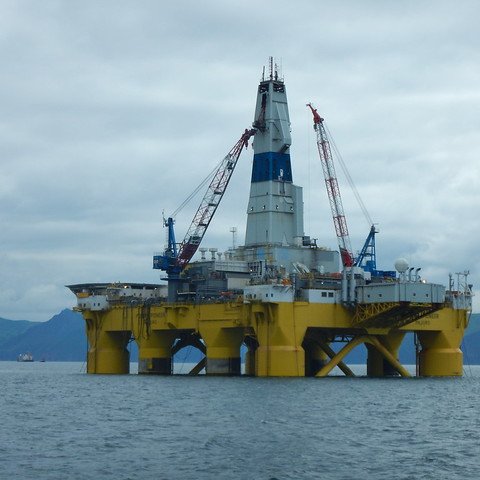Energy Charter Treaty courts accused of bias as countries exit agreement

Bureau of Safety and Environmental Enforcement
'Revealed: secret courts that allow energy firms to sue for billions accused of ‘bias’ as governments exit', 14 November 2022
A secret court system that allows fossil fuel investors to sue governments for vast amounts of money has been accused of institutional bias, self-regulation issues and perceived conflicts of interest, as the drumbeat of EU countries leaving threatens to turn into a samba march.
On Wednesday, the EU will be meeting to discuss reform of the energy charter treaty (ECT) but at the end of last week, Germany became the latest European country to announce its intention to leave the treaty. Slovenia exited earlier in the week, after similar moves by France, the Netherlands, Spain and Poland. The UK is now one of the last large economies to remain in the ECT.
The ECT’s investment arbitration courts were set up in 1998 to protect energy firms operating in former Soviet Union countries from government expropriation and regulation. They gave the companies the right to seek compensation if legislation or policies were enacted that could be seen as hostile, using the investor-state dispute mechanism that stirred up much public controversy during the negotiation of the Transatlantic Trade and Investment Partnership (TTIP).
The treaty has since been signed by more than 52 countries across Europe and central Asia, with oil, gas and coal firms being awarded more than $100bn by the ECT tribunals. The UK oil firm Rockhopper was recently awarded $190m in a case it brought against Italy, which is contesting the decision. As countries have sought to curb their emissions in line with the Paris climate agreement after 2015, the number of claims being brought has exploded. Renewables companies have also brought a number of cases...